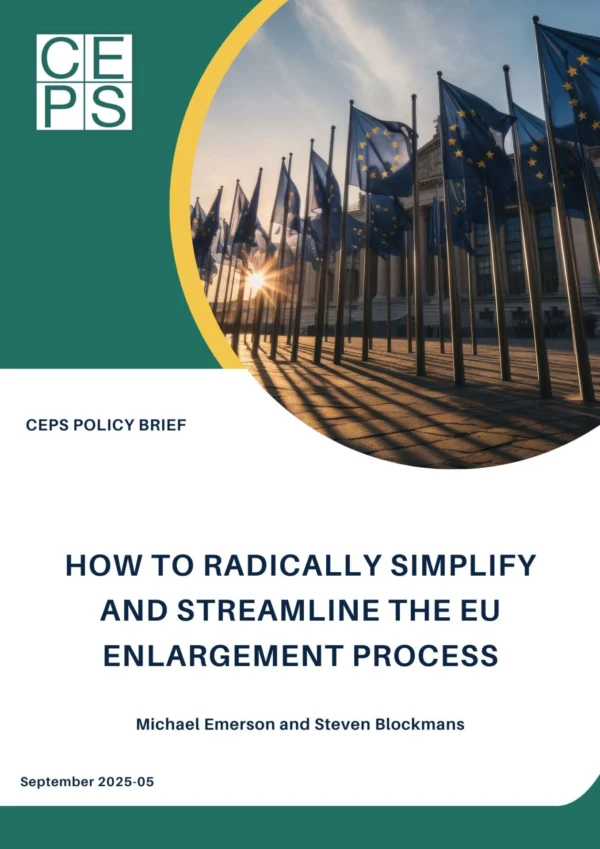There is widespread fear among Member States that without institutional reform, EU enlargement will add more players tempted to wield their veto to the Council’s negotiating table and bring the decision-making process to a grinding halt. To assuage those concerns, the Staged Accession model proposes to gradually integrate acceding states and to temporarily suspend their veto rights upon the moment of accession (Stage 3), thus allowing more time for, inter alia, the socialisation of their representatives in the functioning of the EU institutions, and negotiations on treaty reform to bear fruit. This proposal has been met with criticism from stakeholders that acceding countries would effectively become ‘second-class members’ of the EU.
Leaving arguments of fairness, identity and popular acceptance aside, this paper argues that the principle of equality is a ‘constitutional’ but not an absolute right. With regard to the non-derogable essence of the principle, i.e. the equality of Member States before EU law (Article 4(2) TEU), the Stage 3 proposal would undeniably introduce a temporary differentiation between new and existing Member States as to the exercise of voting rights in the Council. Yet for several reasons the paper argues that the measure is both suitable and necessary to achieve the legitimate aim of enhancing further the democratic and efficient functioning of the institutions, enabling them to better to carry out, within a single institutional framework, the tasks entrusted to them.
This paper is the first of several that will be published over the coming weeks and months as part of the ‘Support for further development of the model of the Western Balkans staged accession to the European Union’, a collaboration between CEPS and the European Policy Centre (CEP), based in Belgrade.











